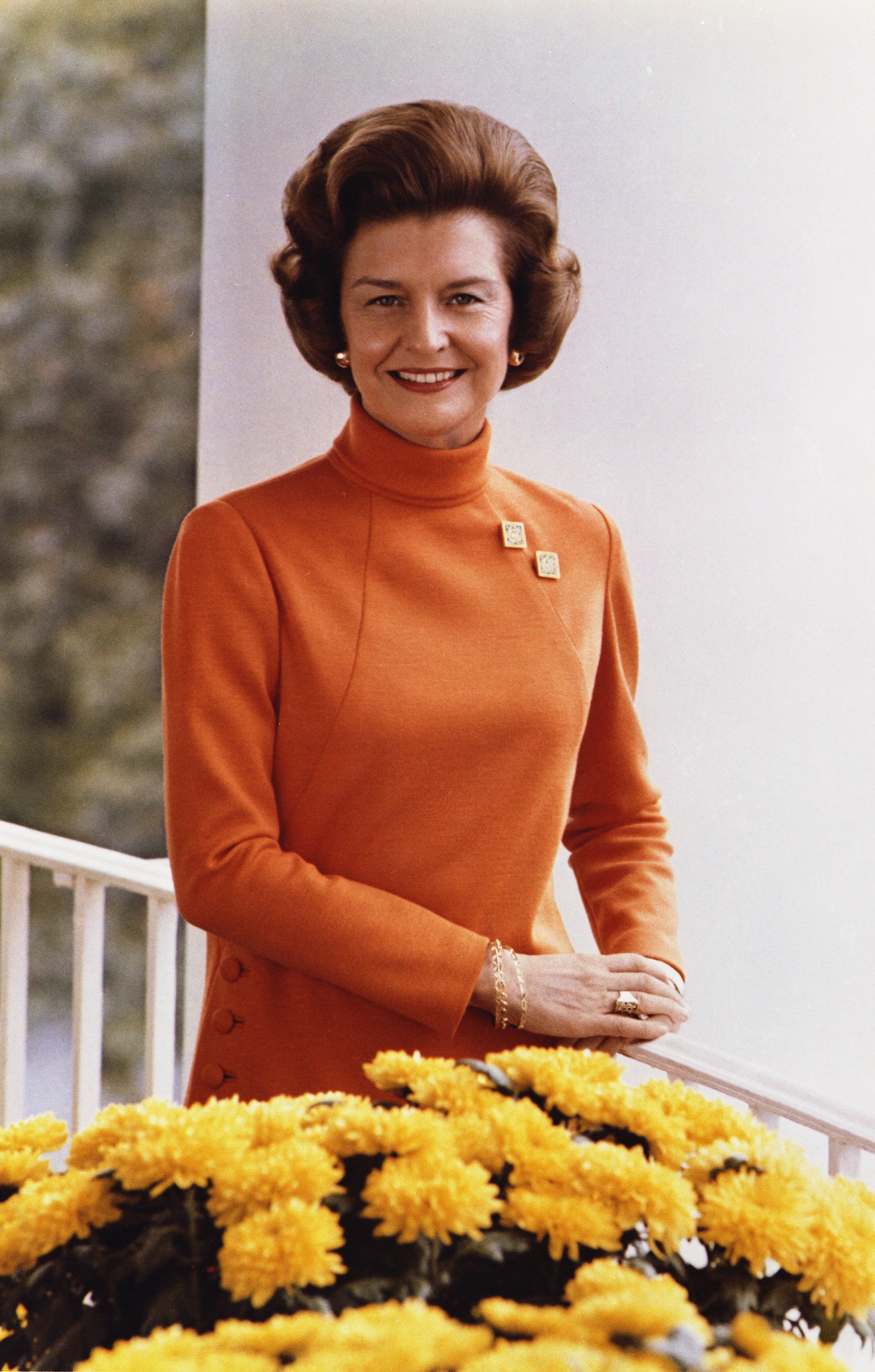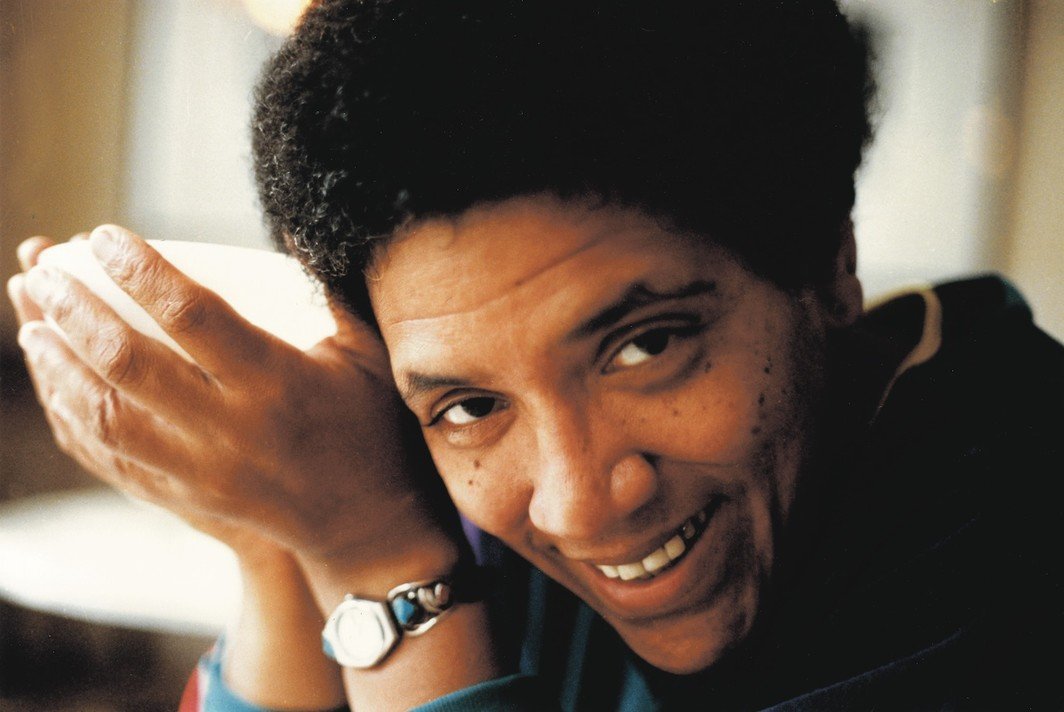Historical Women and Breast Cancer
Written by Madeline McNeill and Kendall Preston. They are Public Health Interns at Going Beyond the Pink and are passionate about making a difference in the lives of breast cancer patients and survivors.
Decades of breast cancer investigation and research has led to earlier and better screening and better treatments. Women (and men) diagnosed with the disease are living longer. This could not be done without continued efforts from dedicated and driven members of the community and professional organizations. Here, we highlight some incredible women who’ve contributed to breast cancer advocacy efforts, making a positive impact in the breast cancer community.
Elsie Mead + Marjorie Illig
The American Society for the Control of Cancer, later known as the American Cancer Society, was founded in 1913. Lay volunteers, Elsie Mead and Marjorie Illig, were two of the people that played a role in the establishment of this organization. Early on, they both had leadership roles and helped the organization take steps towards the goal of reducing cancer rates. Elsie Mead had a big part in the fundraising process and being active in the community. Marjorie Illig further advocated by helping to establish the Women’s Field Army. With this group, they would recruit hundreds of thousands of women to work together to raise funds with the goal of promoting cancer awareness. The work these two women did, alongside many others, was the start of making a positive change in the cancer world. Today, Going Beyond the Pink is proud to continue advocacy work for breast health equity in collaboration with the American Cancer Society and Novant/New Hanover Regional Medical Center.
Betty Ford
In 1974, after only 6 weeks of being the First Lady, doctors discovered a malignant lump in Betty Ford’s breast. This was found during her routine exam, and was later treated with a radical mastectomy. Once diagnosed with breast cancer, she shared it with the public through a televised press conference. Announcing such personal information was quite unusual at the time, but had a large impact on future advocacy efforts. Her disclosure helped teach women best techniques for breast self-assessments. Additionally, this prompted an increase in the number of women participating in self breast-assessments as well. Ford’s disclosure helped initiate a new level of activism for women with breast cancer.
Audre Lorde
Audre Lorde, an award-winning poet, African-American, lesbian, and feminist fought hard against societal norms of breast cancer. She was diagnosed at age 44 in 1980. She wanted to stop the stigma around covering up post-mastectomy scars and wanted people to see its beauty. She believed societal views of breast cancer were oppressive, with society pushing onto women that they had to have a prosthesis or breast reconstruction after surgery in order to feel worthy again. Lorde wanted the ravages of the disease to be more visible and stop everyone from believing that reconstruction was always the right answer and that all women are beautiful- even post-mastectomy. She wrote about everything in her personal narrative The Cancer Journals. She even influenced the New York Times cover photo to be a woman modeling her mastectomy-scarred chest.
Susan Love
Susan Love is a very well-known witty, intelligent and outspoken surgeon that is an advocate for women and breast cancer research. She is a female breast surgeon and stood up and questioned the assumptions people had about breast cancer. Susan is a huge role model for other surgeons and a leader for working with the community to educate about breast cancer and to raise funds for women with breast cancer. Susan even has her own foundation for breast cancer research. She has served on many boards and is a part of many coalitions all for fighting against breast cancer. Love has even written a book! She is still working hard today for one reason: to end breast cancer.
These women and their work are so inspiring. They are proof that we can make progress in the fight against breast cancer. Want to honor their legacy through supporting the work of Going Beyond the Pink? You can donate to provide resources, education, and support to women and men currently battling breast cancer.



